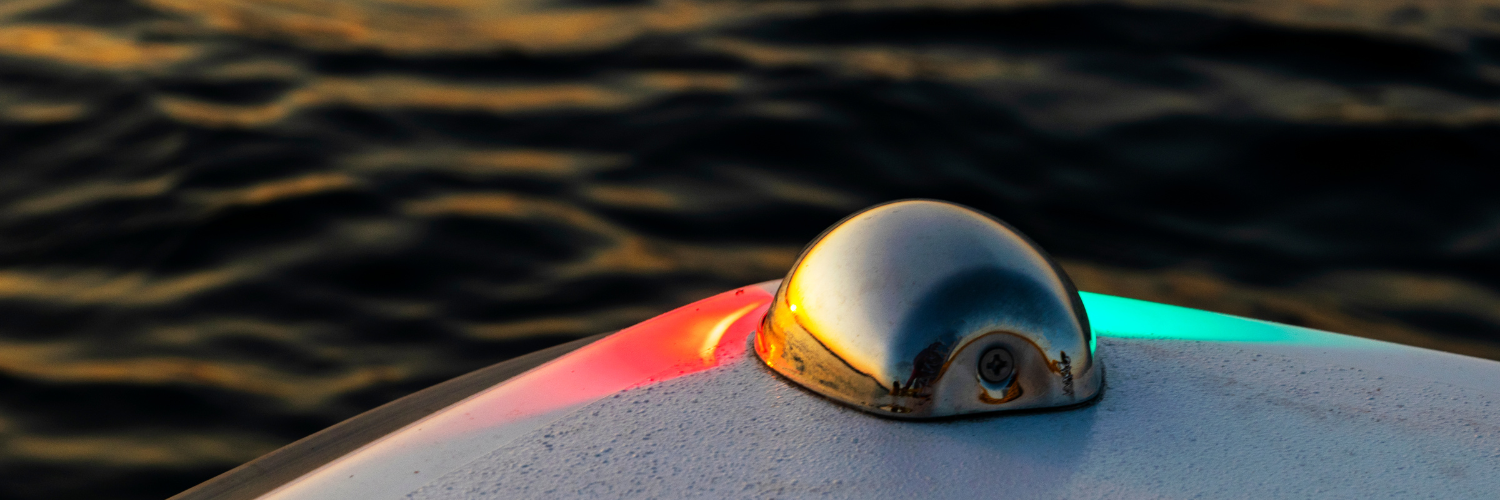As a follow-up to my previous article on Marine Rules Of The Road, and the reference to the two tragic boating accidents that occurred in August 2019 on Stoney Lake and Lake Joseph, the required use of navigation lights can’t be overstated.
I again point out that all vessel operators have, among others responsibilities, two major requirements. One is to always maintain a lookout for navigation hazards and the actions of others who use our waterways for recreational and commercial activities regardless of the time of day. The second is to display navigation lights.
The following is taken from the CPS-ECP Boating Basics Pleasure Craft Operator Course.
If a boat is operated between sunset and sunrise or in restricted visibility – in fog, for example – it must display navigation lights.
Operating a PWC at night is not recommended. In fact, it is illegal to operate a PWC after dark unless it is properly fitted with navigation lights that meet current Collision Regulations.
You should be able to identify various types of towing lights, strobe lights visible all around the horizon, flashing lights and special blue flashing lights.
A masthead light projects forward through the same 225-degree arc of light as the red and green sidelights while the stern light projects aft through the remaining 135-degree arc. With both masthead and stern lights turned on, other boaters can see white light all the way around your boat. Anchored vessels will project an all-round (360-degree) white light where it can best be seen.
Government or police vessels may also display a flashing rotating blue light.
In addition, the law also requires that most all boats carry a watertight flashlight. Remember to ensure the required batteries are in good shape before every trip. If you lose power at night, a watertight flashlight may be your only way to signal for help.
– by John Gullick
Your Pleasure Craft Operator Card makes sure you have immediate navigation and safety skills but it’s just the beginning of what you should know when you get on a boat.
Learn more about boating by taking additional courses from CPS-ECP: www.boatingcourses.ca
